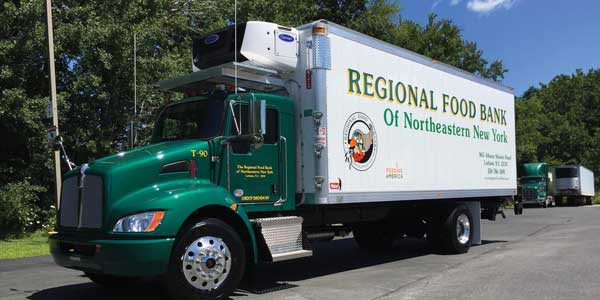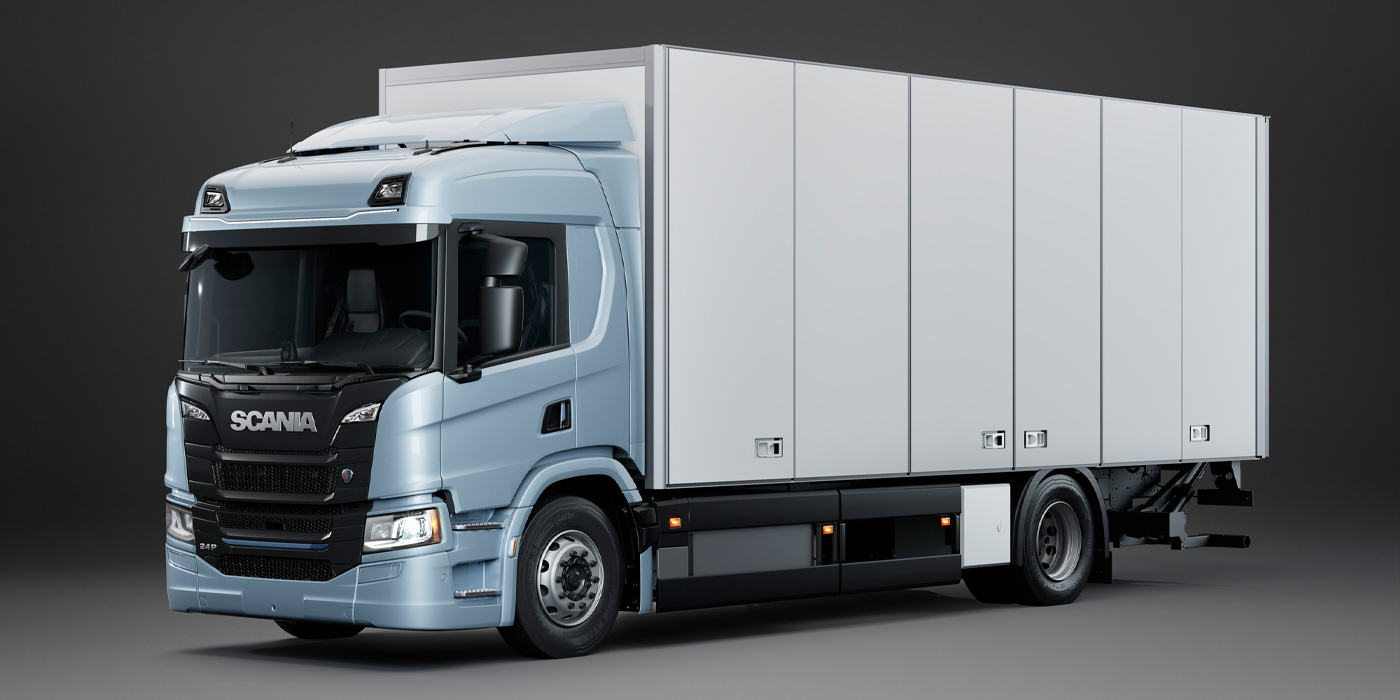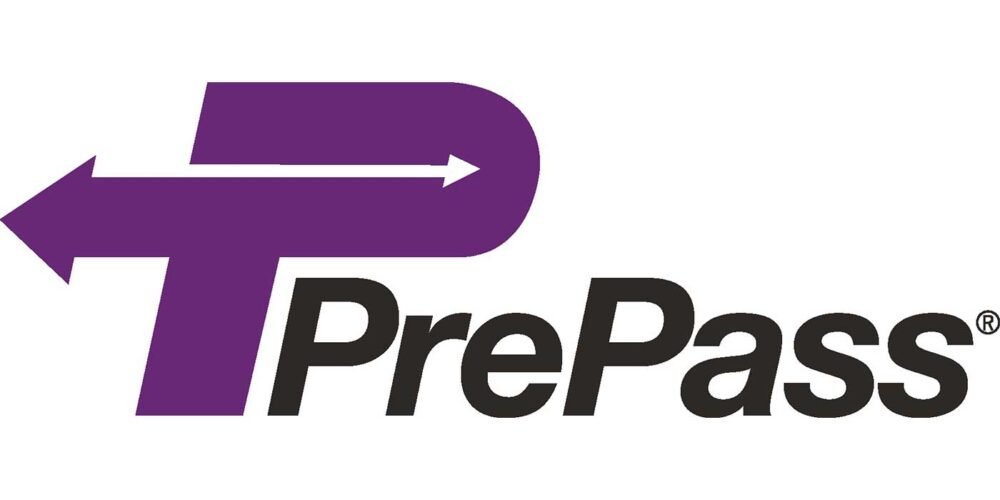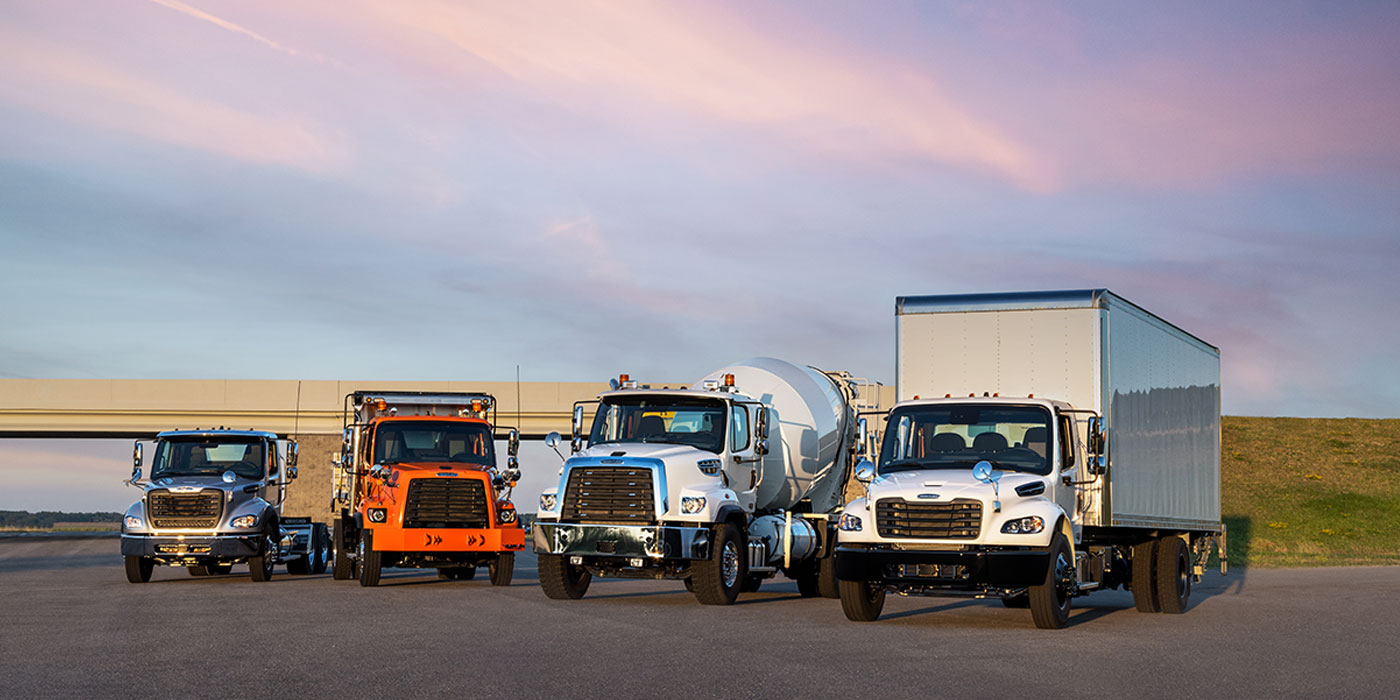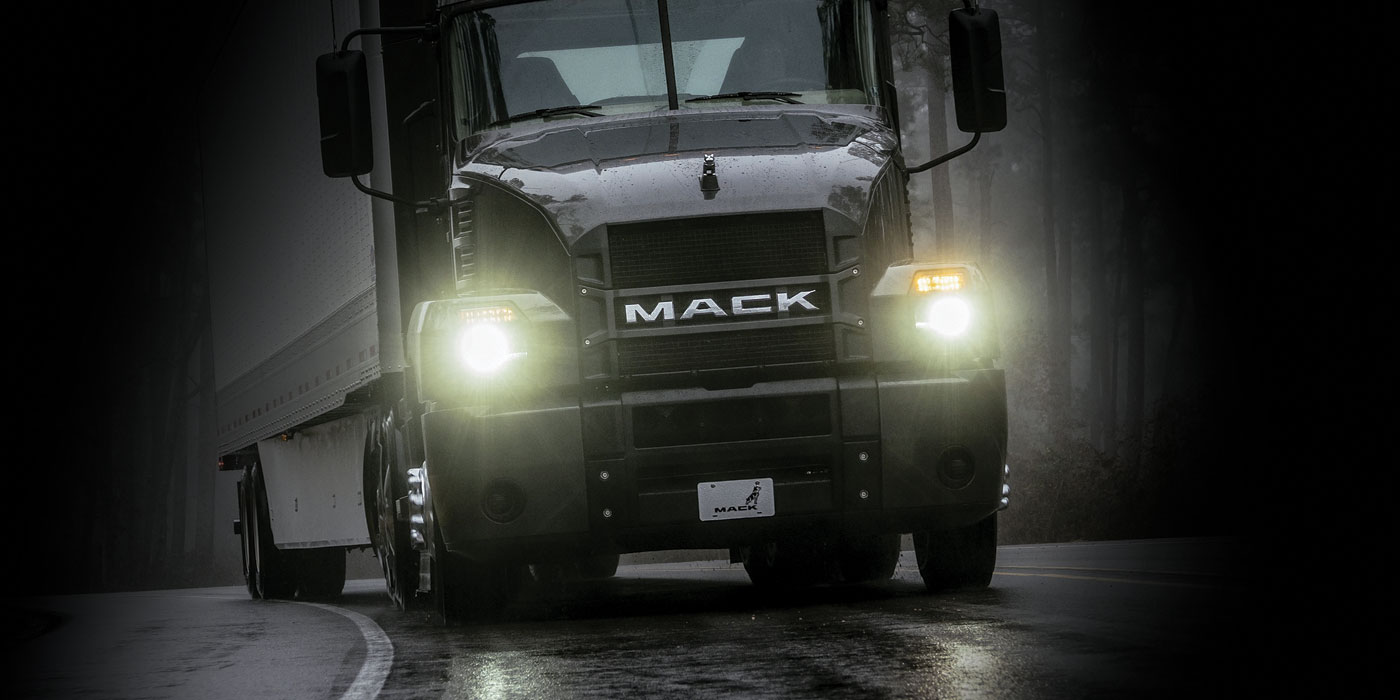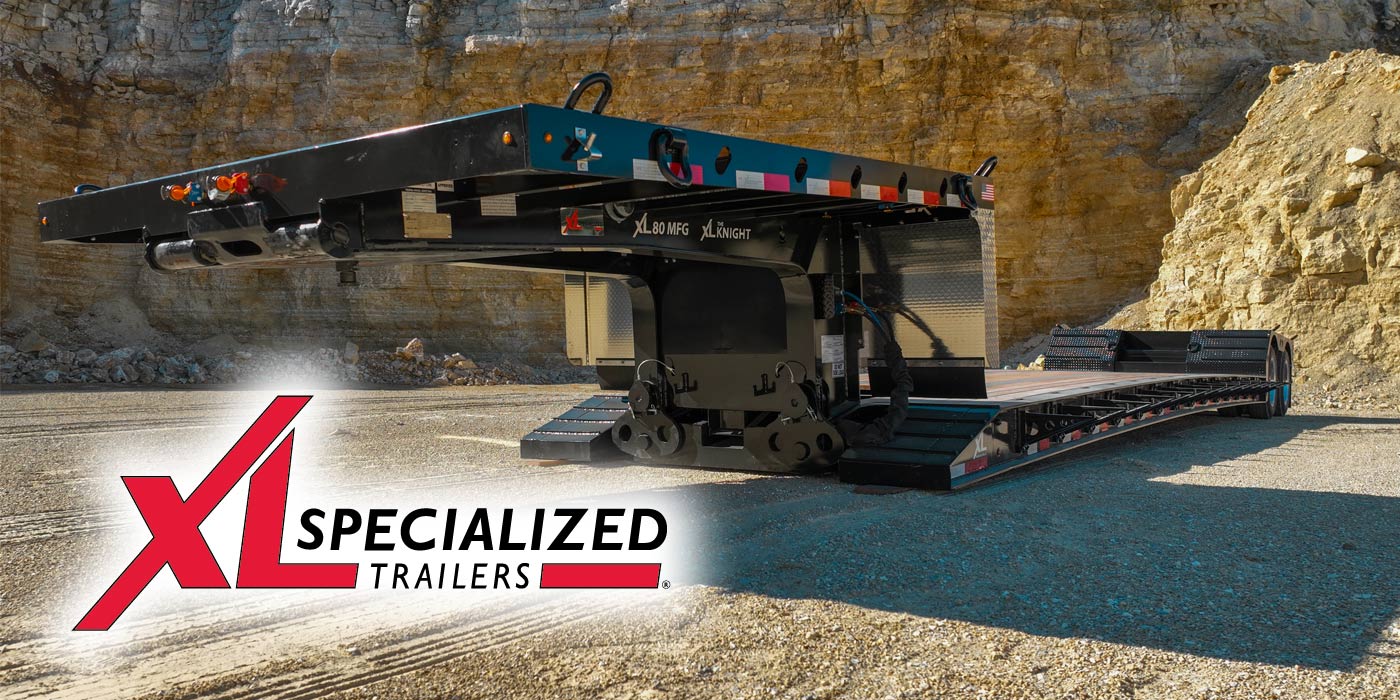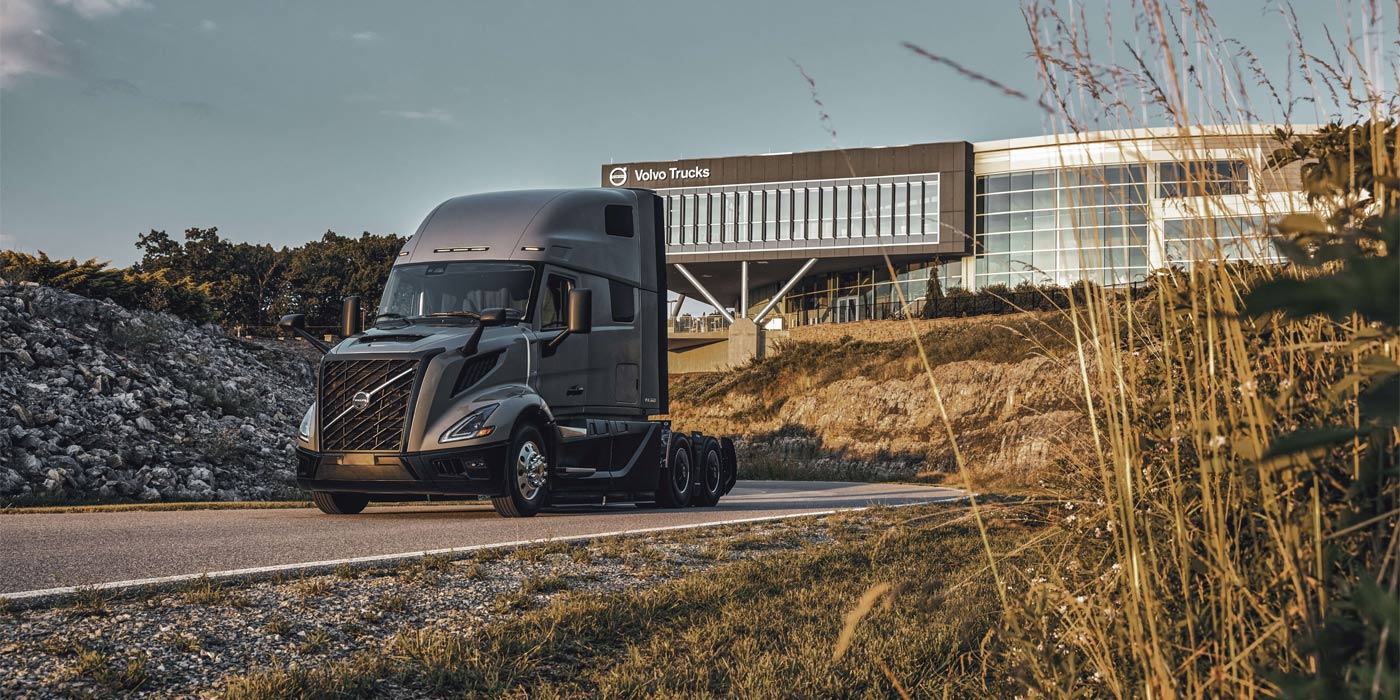“We watch our bottom line like any other business,” says Mark Quandt, executive director of the Regional Food Bank of Northeastern New York. “As a non-profit agency, it’s just as important for us to make cost-effective fleet decisions as it is for companies that use trucks in for-profit businesses with pick-up and delivery operations, or to generate revenue hauling freight.”
The Regional Food Bank of Northeastern New York, based in Latham, N.Y., is part of the Feeding America Network, which consists of 200 food banks and 60,000 food pantries across the U.S. The operation distributes food to more than 1,000 agencies in 23 New York counties covering 41% of the state.
Over the past few years, according to Quandt, the Regional Food Bank has taken a different approach to its fleet equipment and maintenance programs. “We’re now at the point where we’re making decisions that are long-term rather than focused on direct expenses at a given point in time,” he relates. “Organizationally, we’ve learned that implementing the right vehicles and programs helps us control costs in the long run.”
An example of that approach at the Regional Food Bank is the decision to purchase trucks and upgrade the fleet.
“As a tax-exempt non-profit organization, tax incentives for leasing don’t apply to our operation,” Quandt explains. “In the past, we often leased vehicles using state funding programs that were available for operating costs but not for capital investments. However, new funding initiatives have made money available for purchases, and with ownership we have a better overall cost picture.
“We were spending over $30,000 annually on each full service lease, and at the end of the term we had nothing to show for it,” Quandt continues. “With ownership, we can recoup that level of investment in four years and then have only recurring maintenance expenses for the remainder of the projected ten-year life of a truck in our fleet.
“Having quality equipment also keeps costs down by helping us retain drivers,” Quandt adds. “The equation that makes drivers stay with us includes having comfortable and safe equipment.”
Upgrading the fleet
The option to purchase vehicles cost effectively led the Regional Food Bank to upgrade its fleet of six Class 8 tractors and 16 Class 7 straight trucks.
The fleet primarily operates Kenworth models, which it has purchased through Kenworth Northeast Group—Albany over the past few years, including T370 straight trucks with 24- to 28-ft. refrigerated bodies.
The Regional Food Bank uses its straight truck fleet to make pickups of donated goods. Every day, each of the trucks stops at eight to 12 supermarkets within a 70-mile radius of the food bank’s 62,000-sq. ft. main distribution center in Latham and its 55,000-sq. ft. warehouse in Orange County, N.Y. Volunteers sort the inventory of donated food, and what’s available is listed online.
Tractor-trailers in the operation also travel daily, in this case to locations that can be up to 200 miles north, 120 miles south or 60 miles west of a Regional Food Bank facility, where agencies meet them to pick up goods. Once the trailers are empty, the return trip often includes stops at farms or other locations where donated produce and vegetables are loaded and brought back to the warehouse and distribution facilities.
Vital to the operation
“Across the board, reliable trucks are vital to our operation,” says Shane Clute, the Regional Food Bank’s transportation manager. “In the past, we used various makes and models but breakdowns were frequent.
“Our new trucks have been very reliable,” Clute continues. “Keeping transportation costs down is vital in a non-profit agency, so we do everything we can to corral expenses. Despite their higher initial cost, with fewer repairs they are affordable to maintain and cost less in the long run.”
Clute also mentions that FleetPride is helping keep costs low and dependability high for the Regional Food Bank fleet. FleetPride, a distributor of truck and trailer parts to the independent heavy-duty aftermarket, provides maintenance and repair services through company–and independently owned FleetCare facilities.
Among other vendors the Regional Food Bank relies on are a Carrier Transicold dealer and a company that provides refrigeration unit maintenance with a mobile service truck. In addition, a nearby dealer handles tire maintenance and supplies retreads on-site at Regional Food Bank locations.
“It’s not feasible or cost-effective at this point for us to maintain and repair our fleet in-house,” Clute explains, “so we’ve been fortunate to have reliable and trustworthy vendors who provide quality service at a good price. But it’s not just about cost. We place a lot of value in our vendor relationships and tend to be loyal to those who are loyal to us.”
The real value of Regional Food Bank fleet is in its ability to serve the agencies that operate food pantries, homeless shelters, and food programs for kids and the elderly.
Across the U.S., hunger is a daunting problem, Mark Quandt relates. “More than 42 million people live in food ‘insecure’ households,” he says. “That means about 13% of households have trouble putting food on the table, and nearly half of those experience severe need.
“In 2016, we distributed more than 36 million lbs. of food, up from 35 million lbs. in 2015,” Quandt adds. “The need doesn’t go away and the need is great, but with the right fleet, we can serve the less fortunate and help make a difference.”
Visit the Regional Food Bank of Northeastern New York website.

